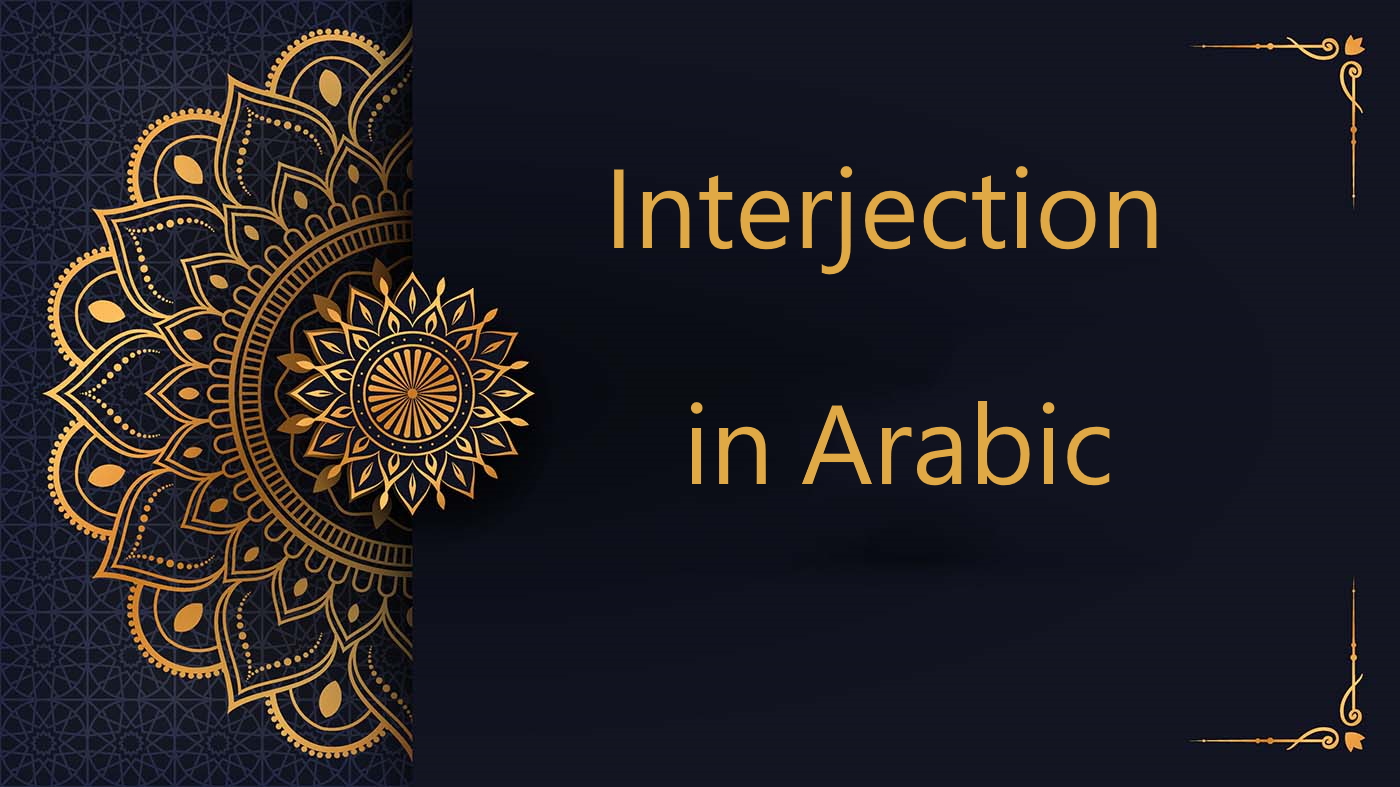Interjection in Arabic – صِيْغَةُ التَّعَجُّبِ | Arabic Free Course

Interjection in Arabic – صِيْغَةُ التَّعَجُّبِ 1. The interjection: the vocative Vocative particles in Arabic are utilized to directly address or call someone. These particles, known as أَدَوَاتُ النَّدَاء, play a crucial role in expressing attention or emphasis. Among them are: يَا: Used as “O!” and can address both masculine and feminine. يَا أَيُّهَا: […]

